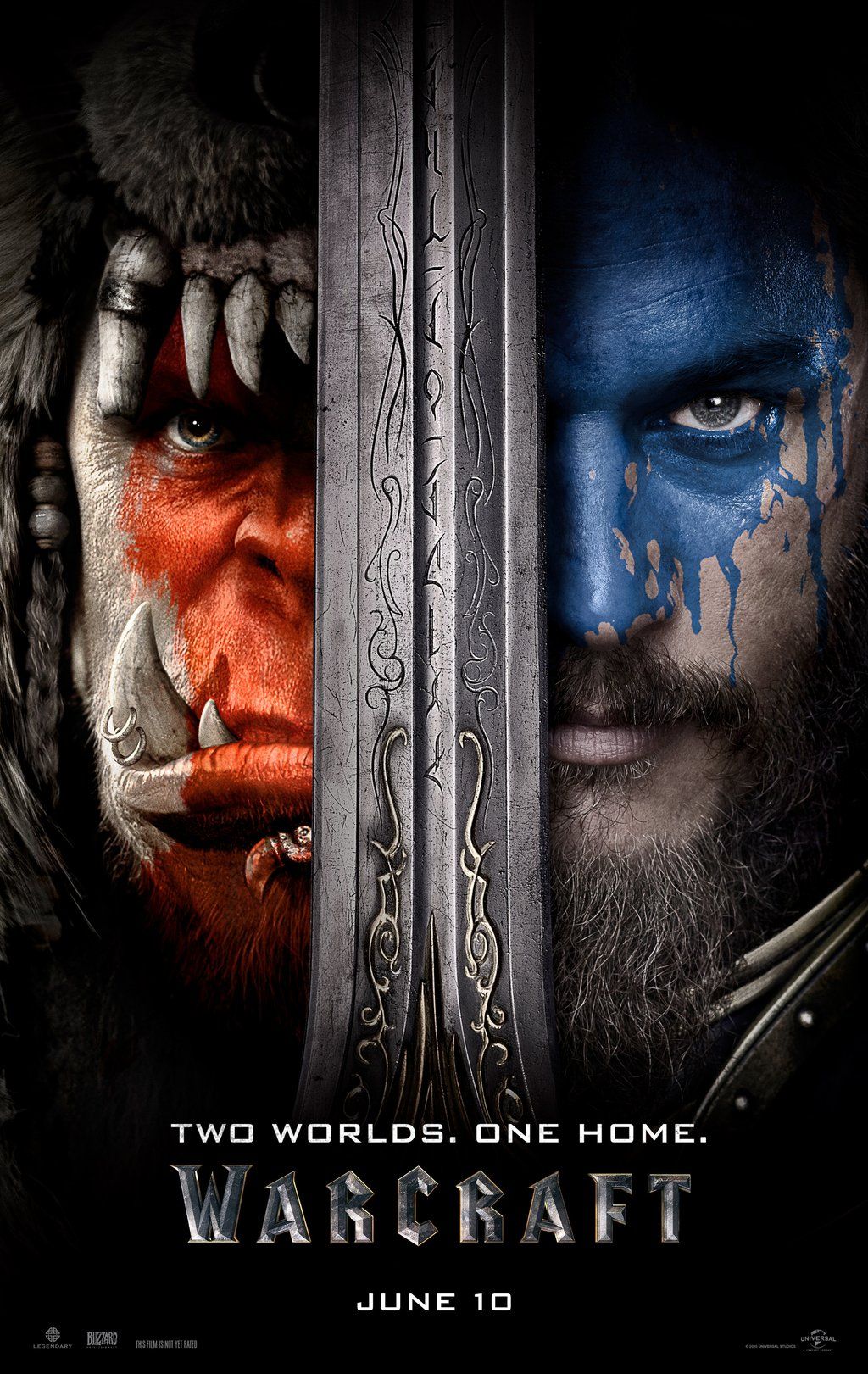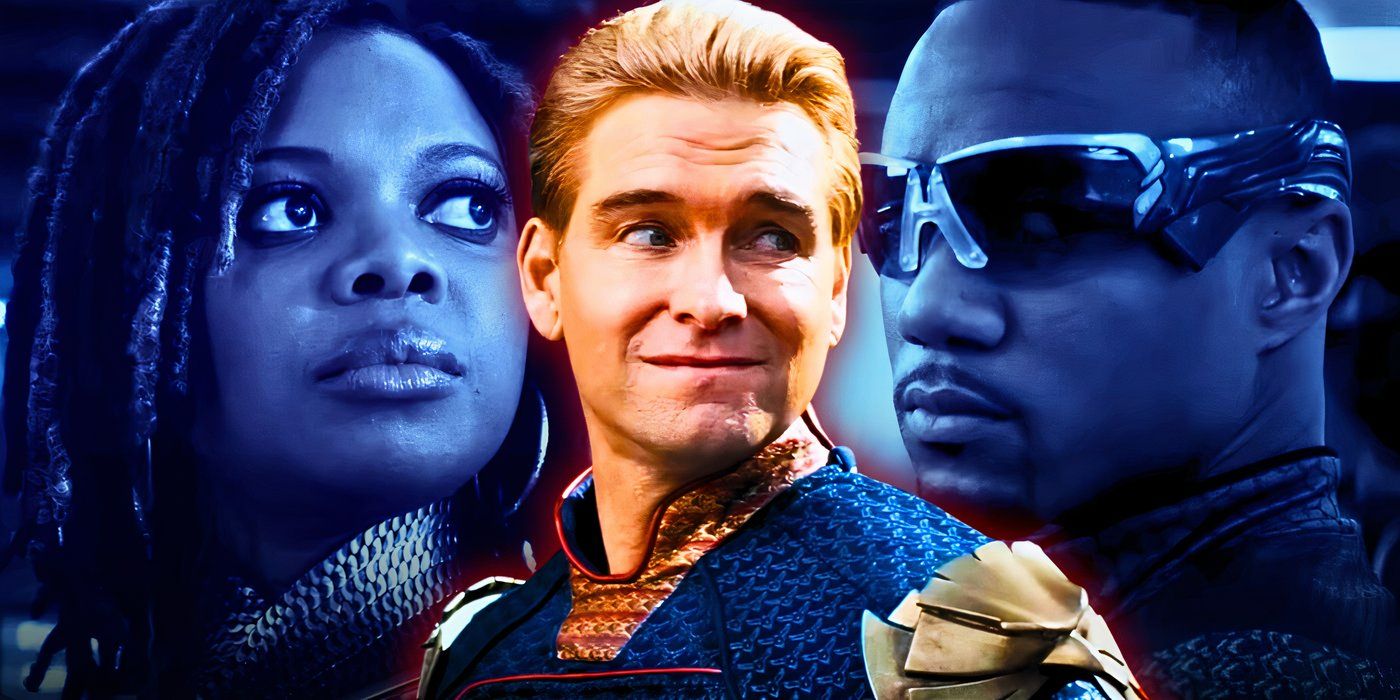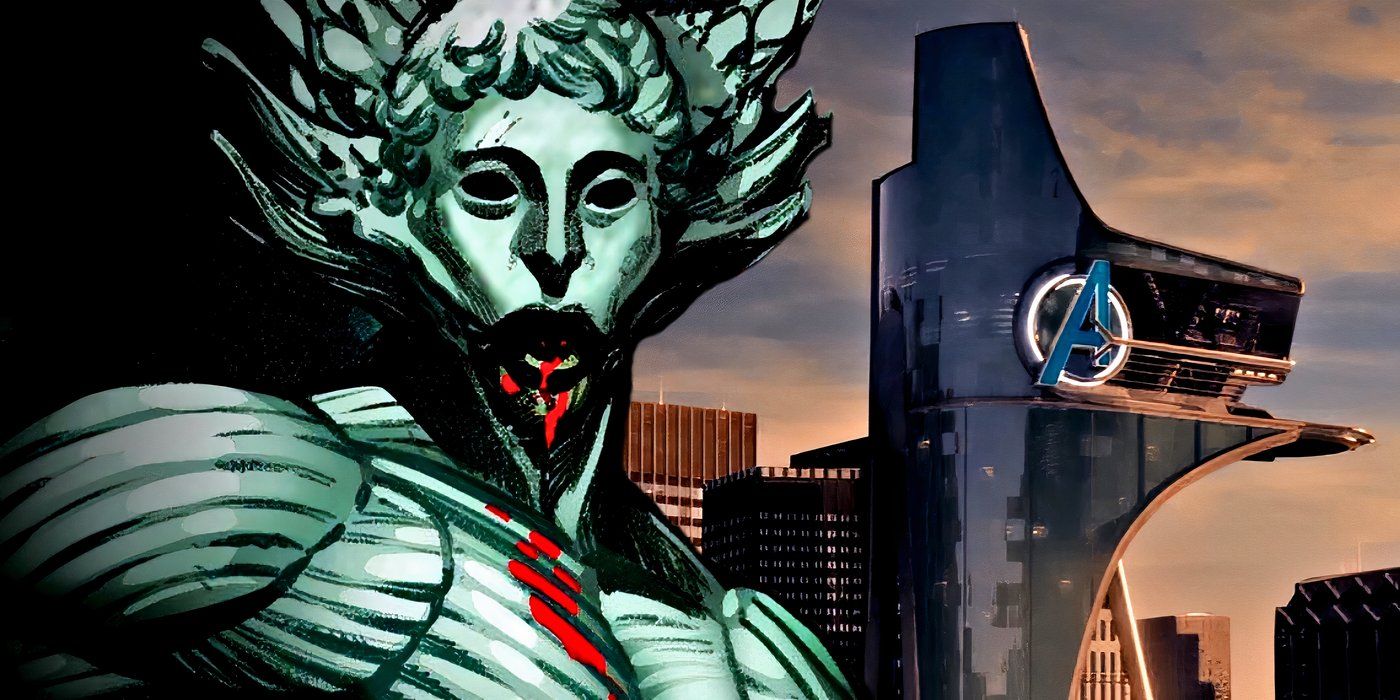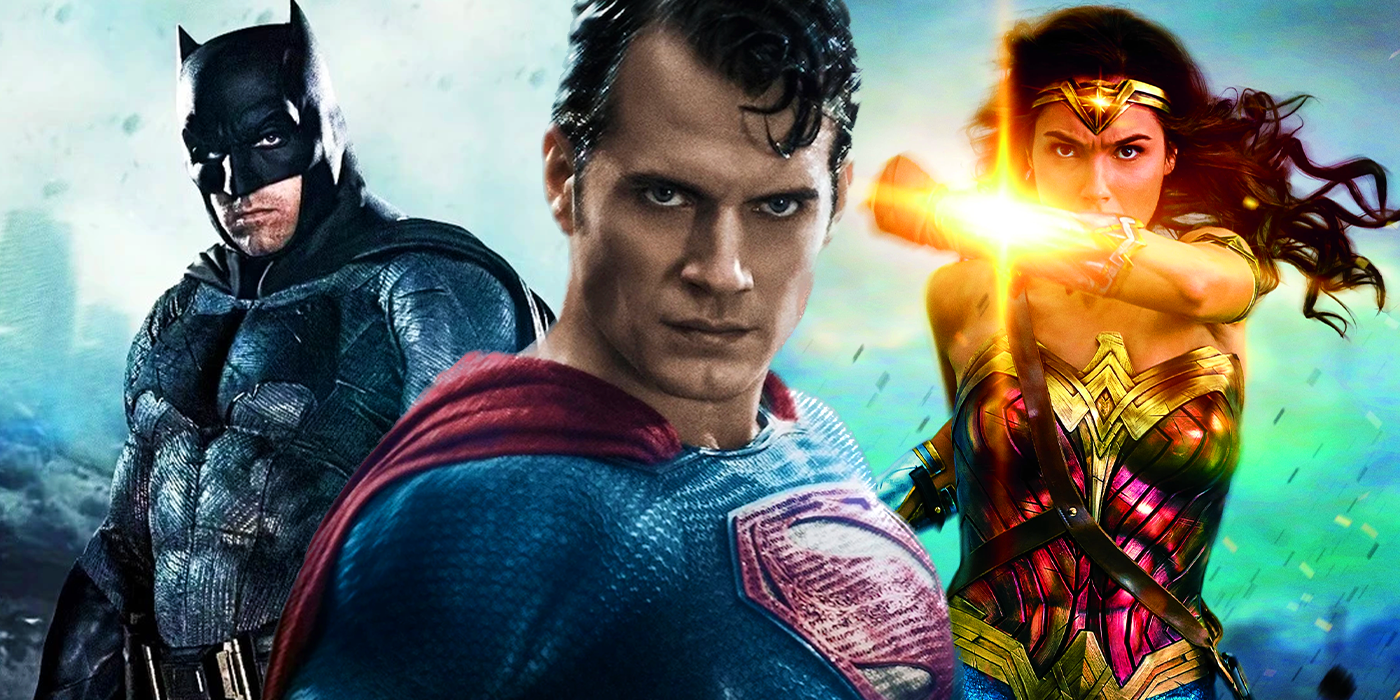Christopher Nolan has emerged over the last two decades to become one of the most distinct voices in modern filmmaking, but what is the best movie in our ranking of all his films? Nolan’s career has been something of a slow burn, moving steadily from low-budget indies to studio assignments and eventually becoming a name general audiences have come to trust. A new Christopher Nolan movie is now an event in itself, with the director maintaining control from the initial concept down to the final edit.
While some viewers can find Nolan’s style too controlled or cold, a lot of his best work is rooted in emotion, with recurring themes that include characters haunted (sometimes literally) by the death of a loved one or fighting to be reunited with them. Memory, non-linear plot structure and time are repeating elements too, as are ensemble casts, including the ever-present Michael Caine. There are few filmmakers who operate on the same level of freshness and originality as Christopher Nolan, so let’s examine his work to date and rank his filmography from worst to best.
12 Following
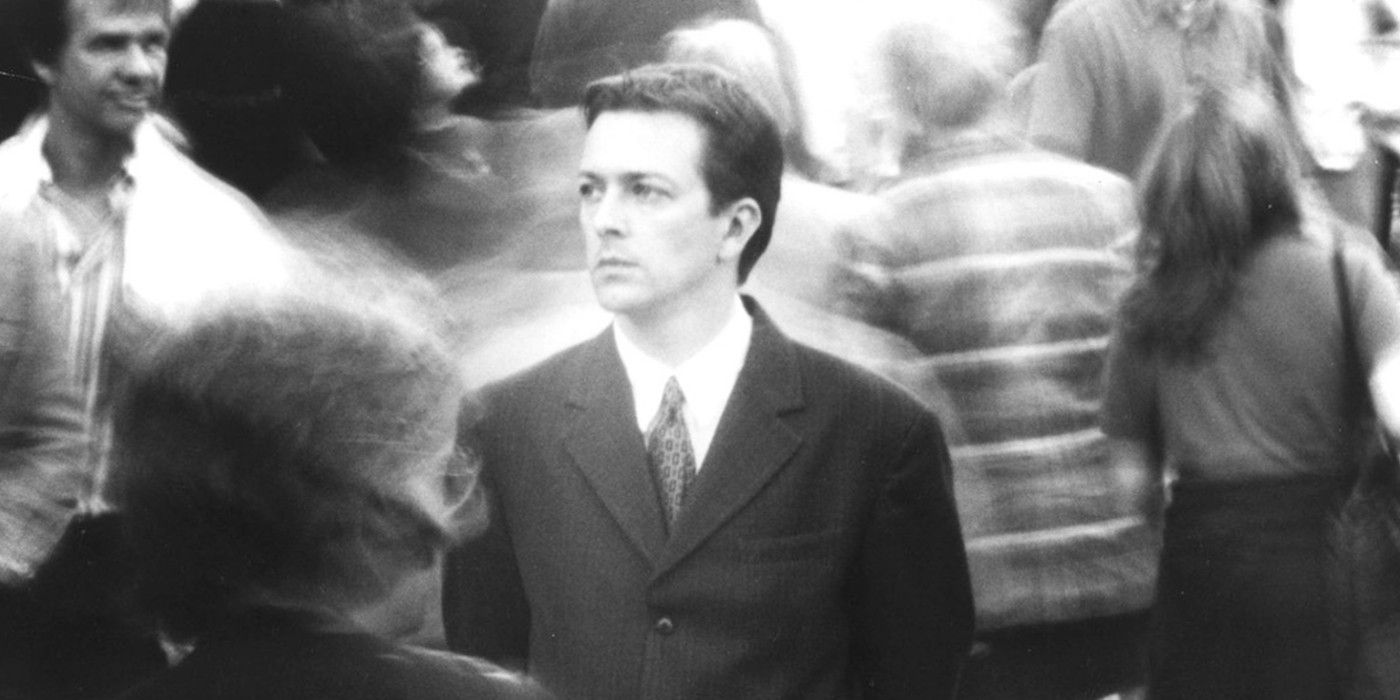
Following was Nolan’s debut feature, a microbudget, black-and-white thriller about an unemployed writer who follows strangers around London. Following was filmed on weekends, with Nolan self-financing the production. For a movie shot for practically nothing, it is an impressive, brooding noir tale, but it’s also rough around the edges. There are seeds of the filmmaker Nolan would eventually become, especially in the non-linear plot structure, but it remains the least essential of his films.
11 Insomnia
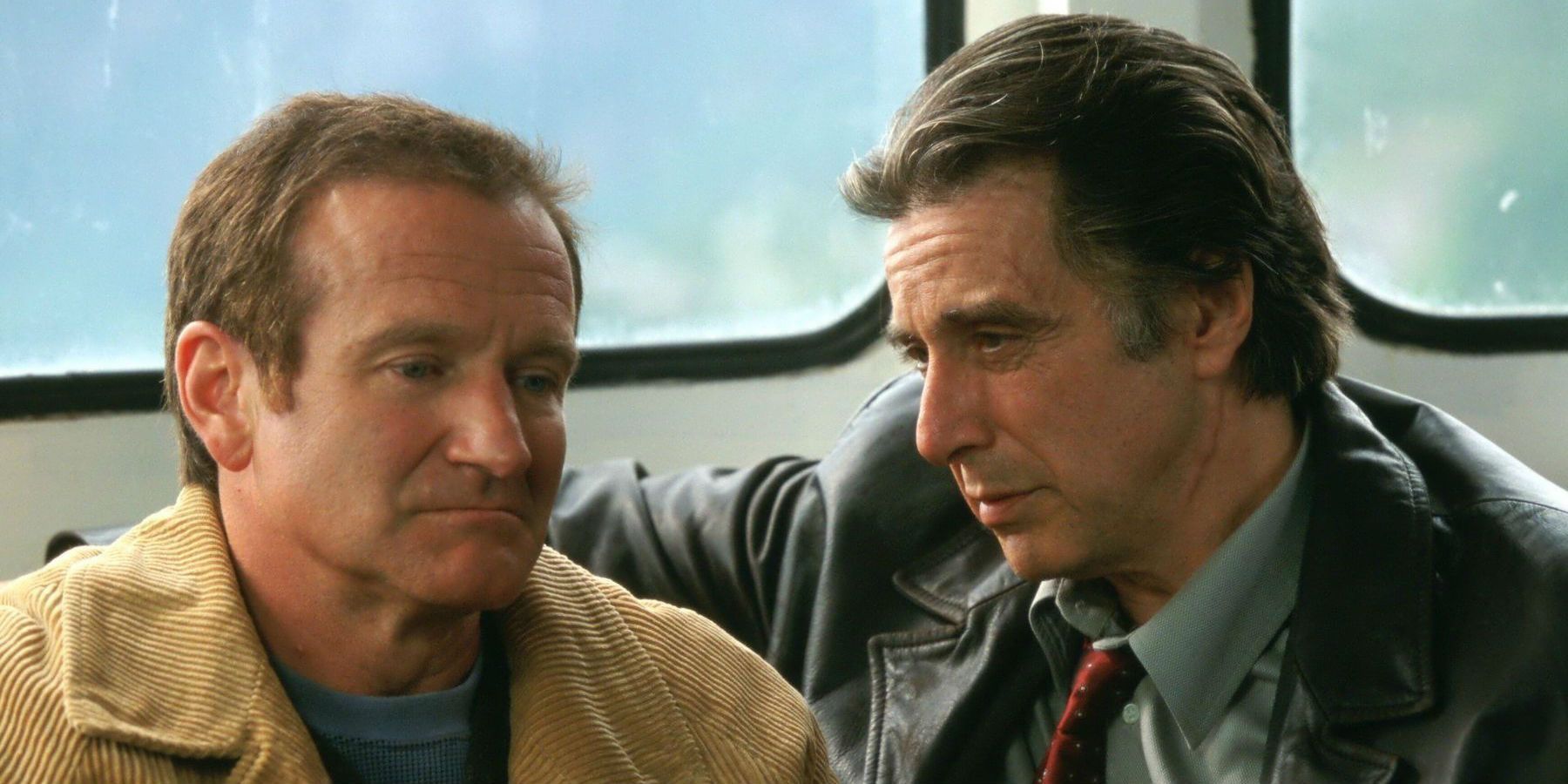
Insomnia was Nolan’s move into studio filmmaking and he delivers an elegant, visually engaging thriller that occasionally feels too chilly for its own good. Insomnia is actually a remake of a Norwegian thriller, with Al Pacino starring as a detective investigating a murder in a small Alaskan town. Pacino’s character is plagued by insomnia, brought on by the guilt of accidentally shooting a fellow cop and covering up the crime.
Insomnia is a taut psychological character study, and while Pacino is typically great, it’s Robin Williams’ icy turn as the villain that makes the movie. The film is a fine thriller in every sense, but compared to Nolan’s later filmography it can’t help but feel like a minor work.
10 The Dark Knight Rises
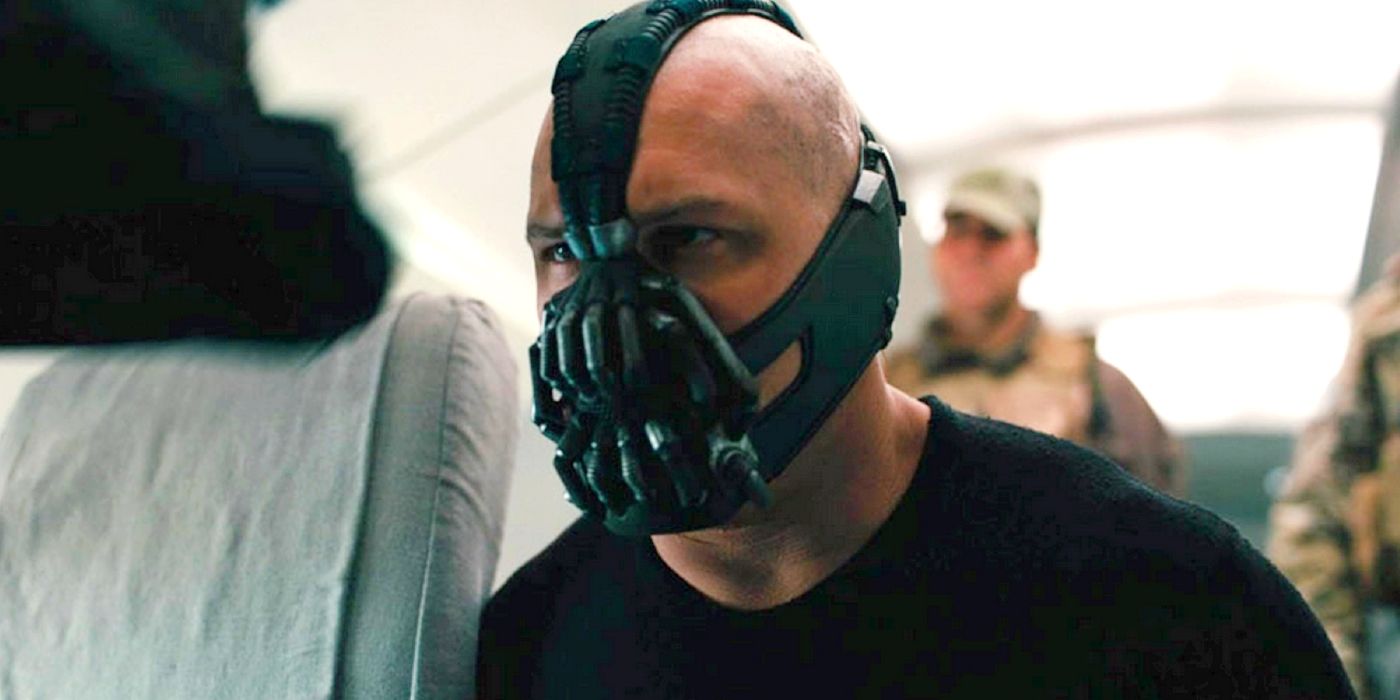
The Dark Knight Rises ends the Nolan era on a strong note, but not without some missteps. From the outside, there was always a sense The Dark Knight Rises was a film that was an obligation instead of a project Nolan was truly invested in. However, there’s still a lot the film gets right, such as the renewed focus on Bruce Wayne over Batman, the grounded reinvention of the Lazarus Pit, Anne Hathaway’s Catwoman and so on.
Yet, there are issues that drag The Dark Knight Rises down. The Talia al Ghul subplot could have been eliminated with a rewrite and the movie wouldn’t have missed it, the pacing can be oddly sluggish, and Bruce Wayne’s final scene feels like a studio note that belongs to another movie. It’s the weakest of the Nolan/Bale era, but it still delivers a satisfying ending.
9 Dunkirk
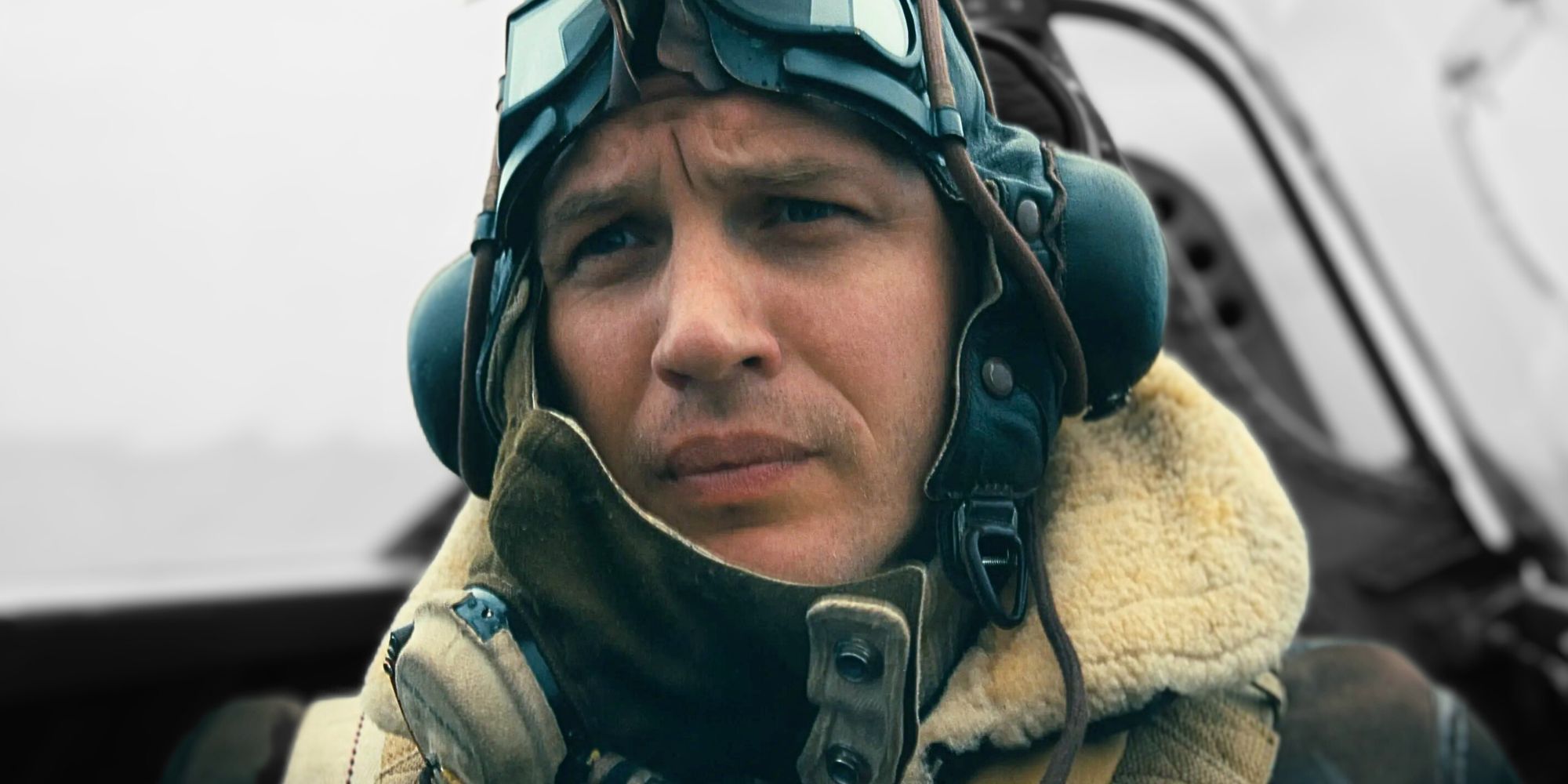
After a string of comic book movies and sci-fi blockbusters, Dunkirk was a pleasant change of pace for Nolan, which allowed his history buff to come out too. The film details the true story of the evacuation of Allied soldiers from Dunkirk in 1940, with the film unfolding from three different perspectives – land, sea, and air. The first thing to note about Dunkirk is how lean it is, with a tight runtime and sparse dialogue. The film doesn’t even feature any German soldiers, with the film playing them off as shadowy threats.
Old hands like Kenneth Branagh and Mark Rylance bring a touch of warmth to Dunkirk, but while the film’s lack of character development is realistic, given the condensed timeframe, it does make it hard to really invest in the fates of the main characters since they feel like ciphers.
8 Batman Begins
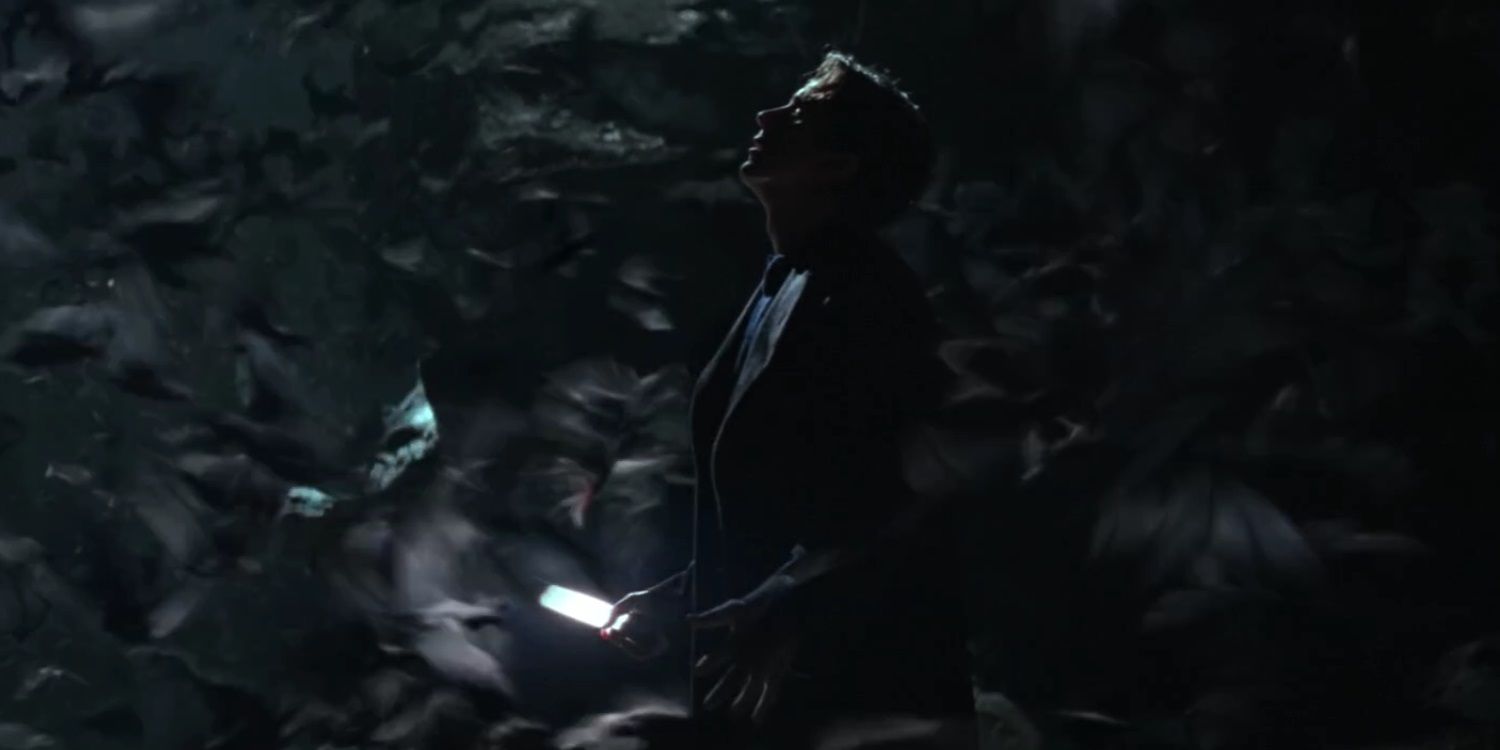
Batman & Robin essentially killed the franchise in 1997, and Warner Bros spent many years trying to find the right filmmaker to reboot the series. When Nolan was hired for Batman Begins he took the character back to his roots, exploring how Bruce Wayne’s trauma pushes him to become Batman. This grounded, psychological take was somewhat groundbreaking for the genre, and Nolan populated the film with great actors – Gary Oldman, Morgan Freeman, Cillian Murphy – to sell the reality.
In truth, Batman Begins feels like a dry run for Nolan’s next Batman adventure, and his sloppy handling of action sequences is arguably at its worst here. That said, Batman Begins brought a sense of humanity that had been lacking in the genre, and Bale’s portrayal would come to define Batman for a new generation.
7 Tenet
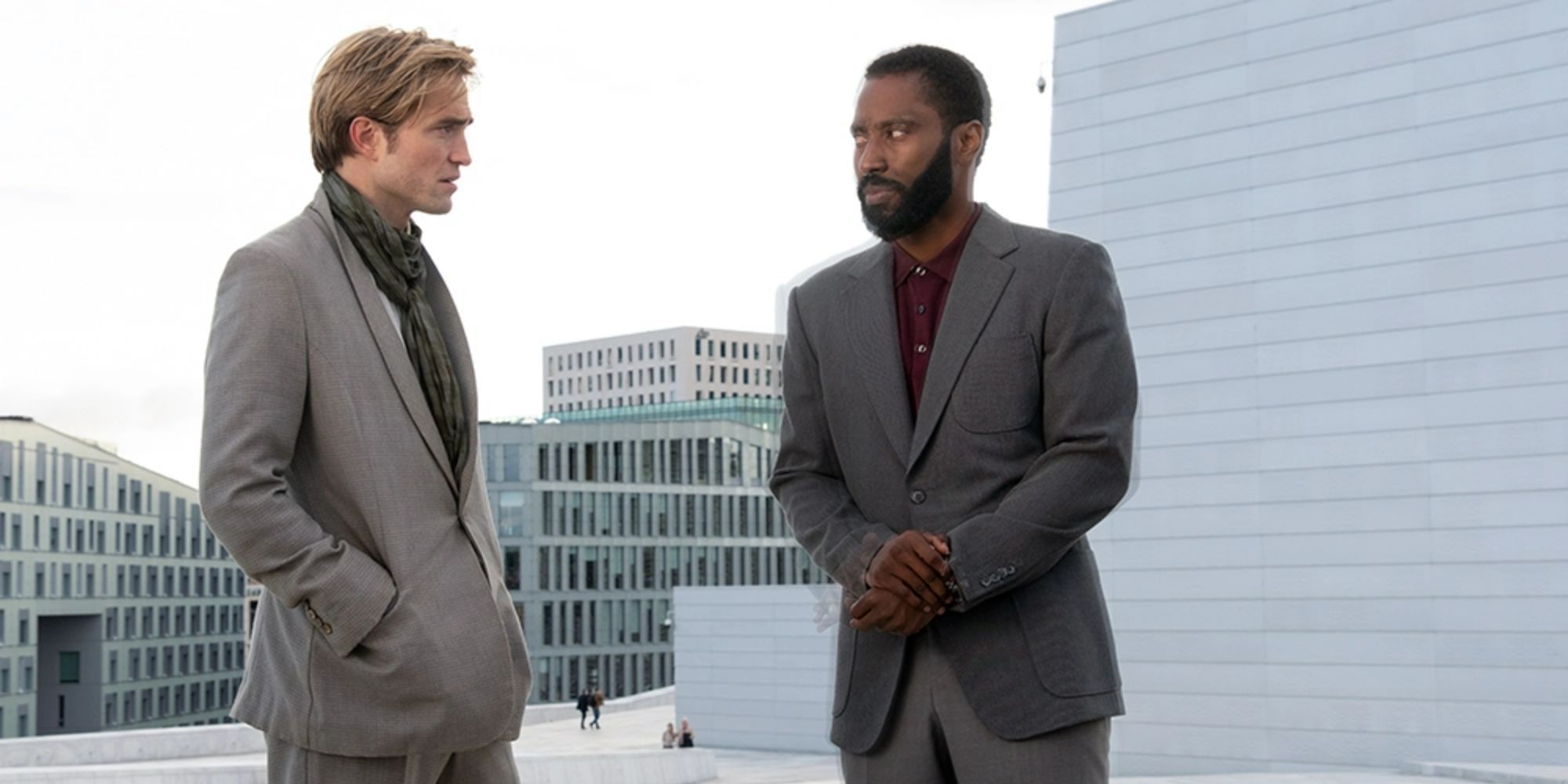
After the timeline confusions of Interstellar’s ending, Nolan dialed everything up several notches with the high-concept sci-fi spy movie, Tenet. Following John David Washington’s The Protagonist as he – along with “colleague” Neil (Robert Pattinson) – works in the employ of a clandestine organization to save the world. Tenet riffs heavily on Bond movie tropes but also on pretty much every idea Nolan had previously expressed in his other movies. It is a dense, challenging sci-fi heavily reliant on its own twisting logic, but it’s also a deeply rewarding, incredibly bold blockbuster that reinvents the film-watching experience.
It won’t ever be to everyone’s tastes and the fact that it wears its occasional impenetrability as a badge of honor is very provocative, but that’s sort of the point. Nolan wants to challenge his viewer, he wants to explore some of his ideas of time and class and the hero’s place in the story to the nth degree. Further, even. And that comes with some trade-offs on traditional markers of perfection. Amazingly, though, it’s not too far off.
6 The Prestige
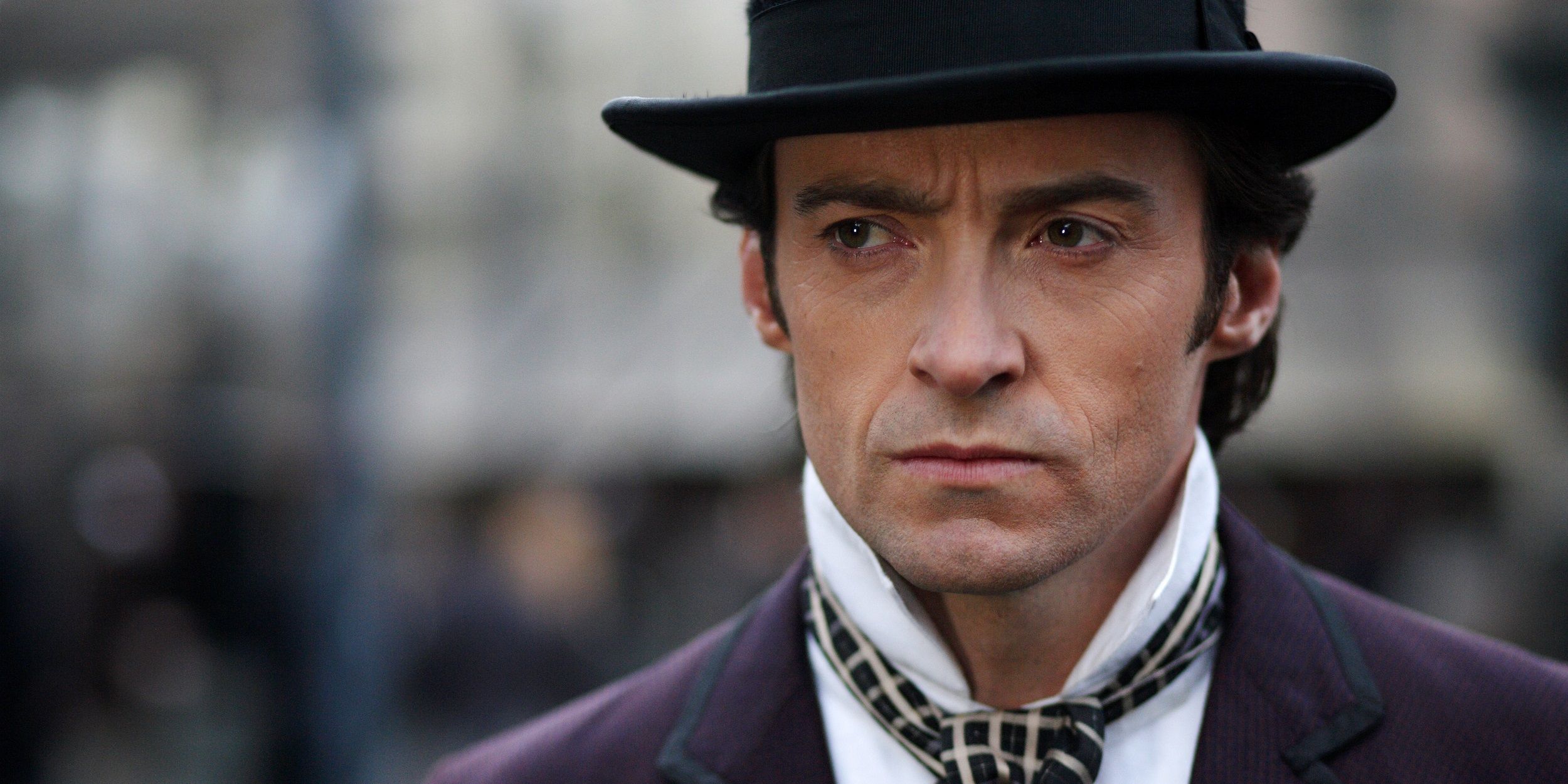
The Prestige was something of a palette cleanser for Nolan following Batman Begins and cast Hugh Jackman and Christian Bale as rival magicians. While the pair start out as friends, their devotion to the art form gradually destroys them both. The Prestige gave Nolan a chance to contrast magic tricks with filmmaking, allowing him to perform some deft sleights of hand with the story.
While The Prestige has plenty of shocking plot twists, the tragedy of the central relationship is what drives it. While some reviewers felt the film was somewhat gimmicky upon release, it’s since been re-evaluated as one of Nolan’s most complex and undervalued works. A late gear switch into sci-fi can be a dealbreaker for some viewers, but The Prestige saw Nolan continue to evolve as a storyteller.
5 Memento
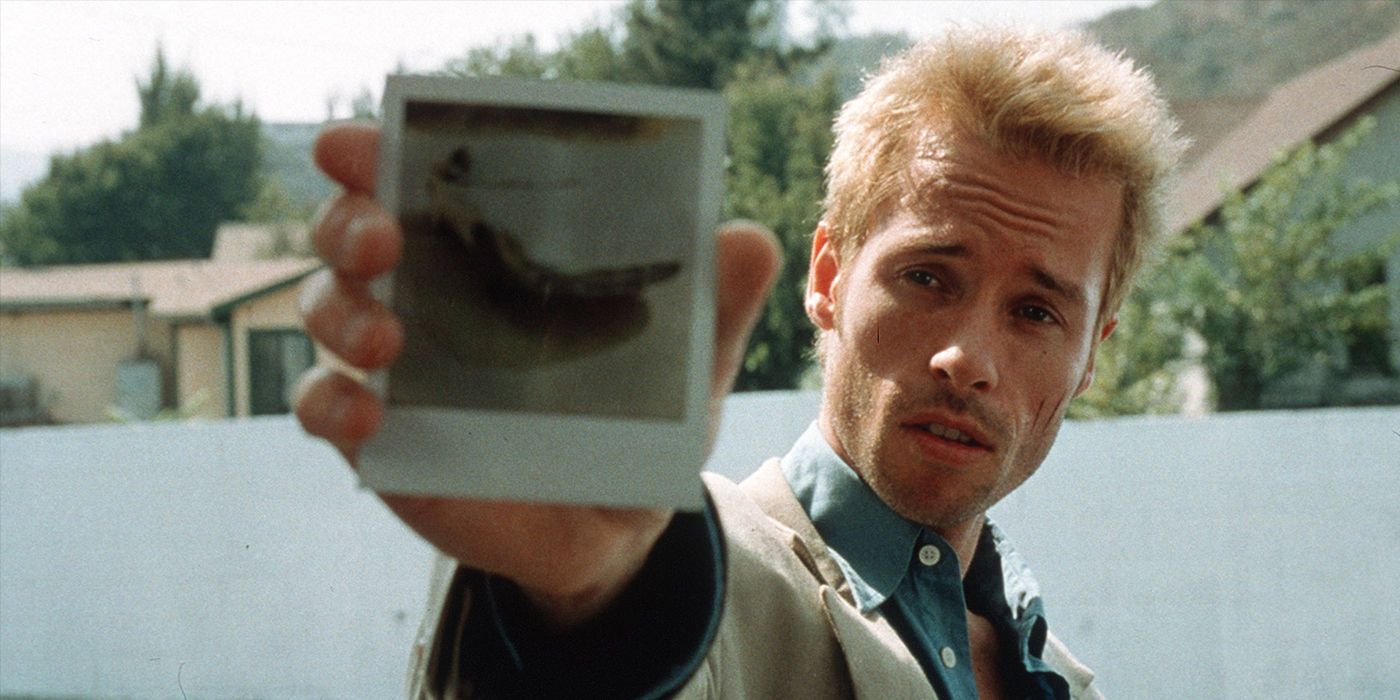
Memento is the film that first put Christopher Nolan on the map, and with good reason. This twisty thriller unravels in reverse order, with Guy Pearce’s lead character trying to solve his wife’s murder whilst dealing with a condition that prevents him from forming new memories. Memento provides Pearce with one of his best roles, allowing him to be funny, tragic, and pathetic by turns, but the other star of the show is Nolan’s script, based on the short story by his brother Jonathan.
The reverse construction of Memento is genius, with Nolan reinventing a classic noir story while putting his own flair on it. Memento is where Nolan found his inner auteur, and while his work would get more refined, there’s something to be said for the film’s raw energy.
4 Interstellar
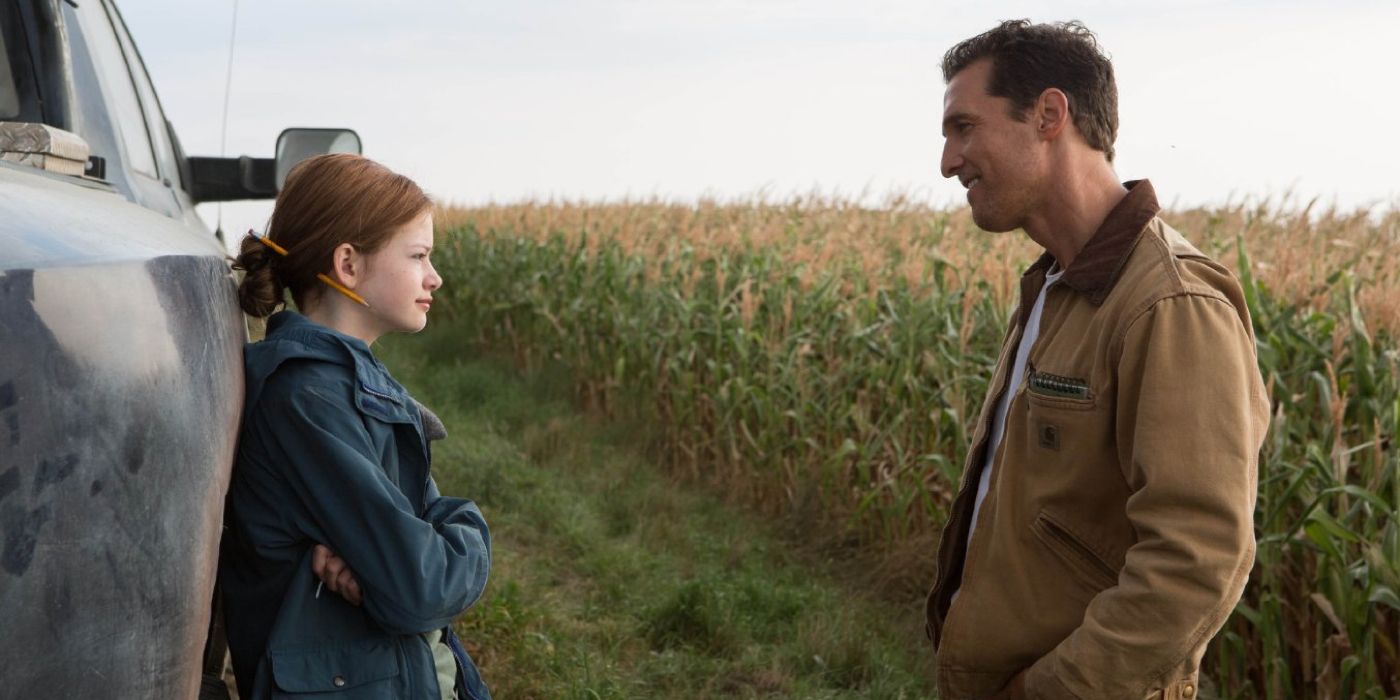
Nolan got to make his own sci-fi epic with Interstellar, which finds Matthew McConaughey’s Cooper leading a team of astronauts into a wormhole in the hope of finding mankind a new home. While Interstellar deals with a high concept hook, the movie is at its best focusing on the relationship between Cooper and the daughter he had to leave behind on Earth, who grows up to be Jessica Chastain due to the effects of time dilatation. This relationship provides the emotional core of Interstellar, which occasionally gets bogged down with dry, academic science talk.
Which isn’t to say Interstellar lacks action, with Cooper’s docking with a runaway spacecraft possibly the finest setpiece of Nolan’s career. Hans Zimmer score provides propulsive energy in the right places, but while Nolan is aiming for his very own 2001: A Space Odyssey, he doesn’t reach those heights.
3 Inception
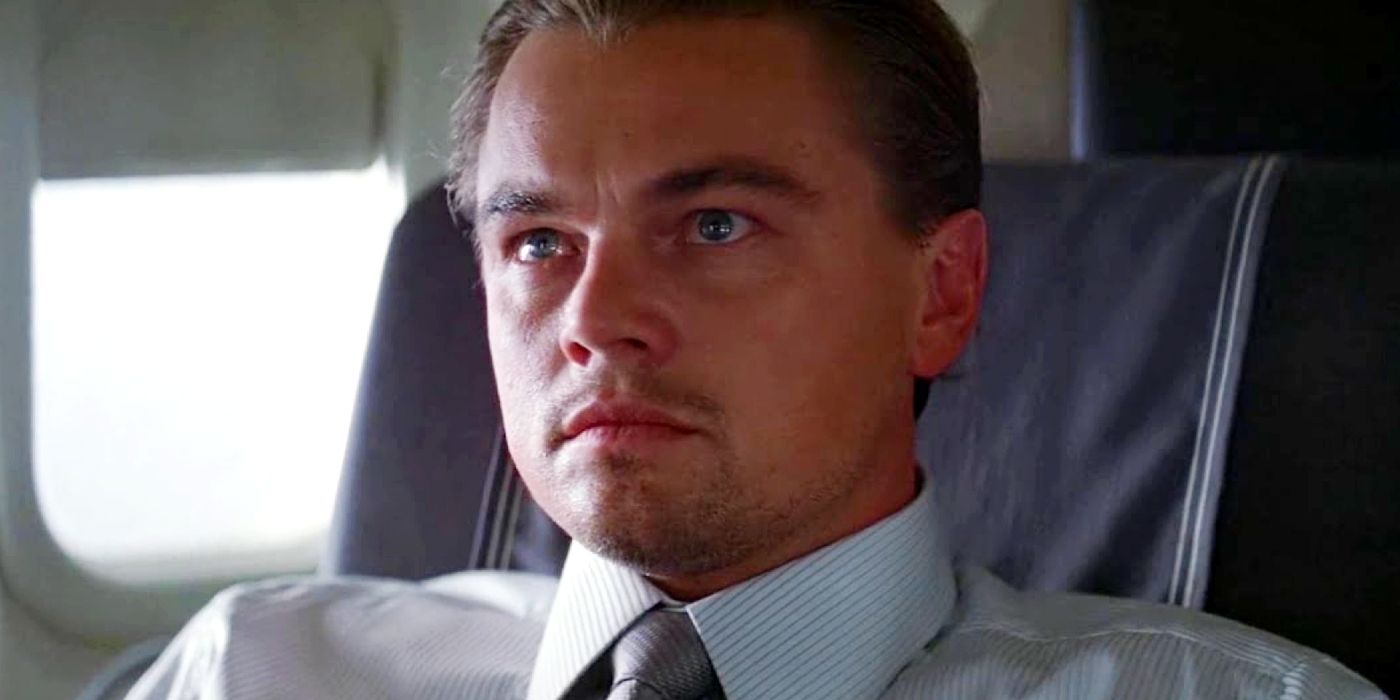
The runaway success of The Dark Knight bought Christopher Nolan a blank cheque with Warner Bros, which he enthusiastically cashed on Inception. Nolan originally conceived of the project as a horror film but decided a heist story allowed more possibilities. Not only did the concept give Nolan to play with the nature of dreams and reality, but it also allowed him to explore the relationship between filmmakers and the audience too.
Inception features all the exciting setpieces and special effects expected of a blockbuster, but it’s thematic underpinnings and likable cast of characters are what make it discussed to this day. Inception is also a movie that rewards more than one viewing because like the multiple dream layers the character’s descent into, there’s always more to explore.
2 Oppenheimer
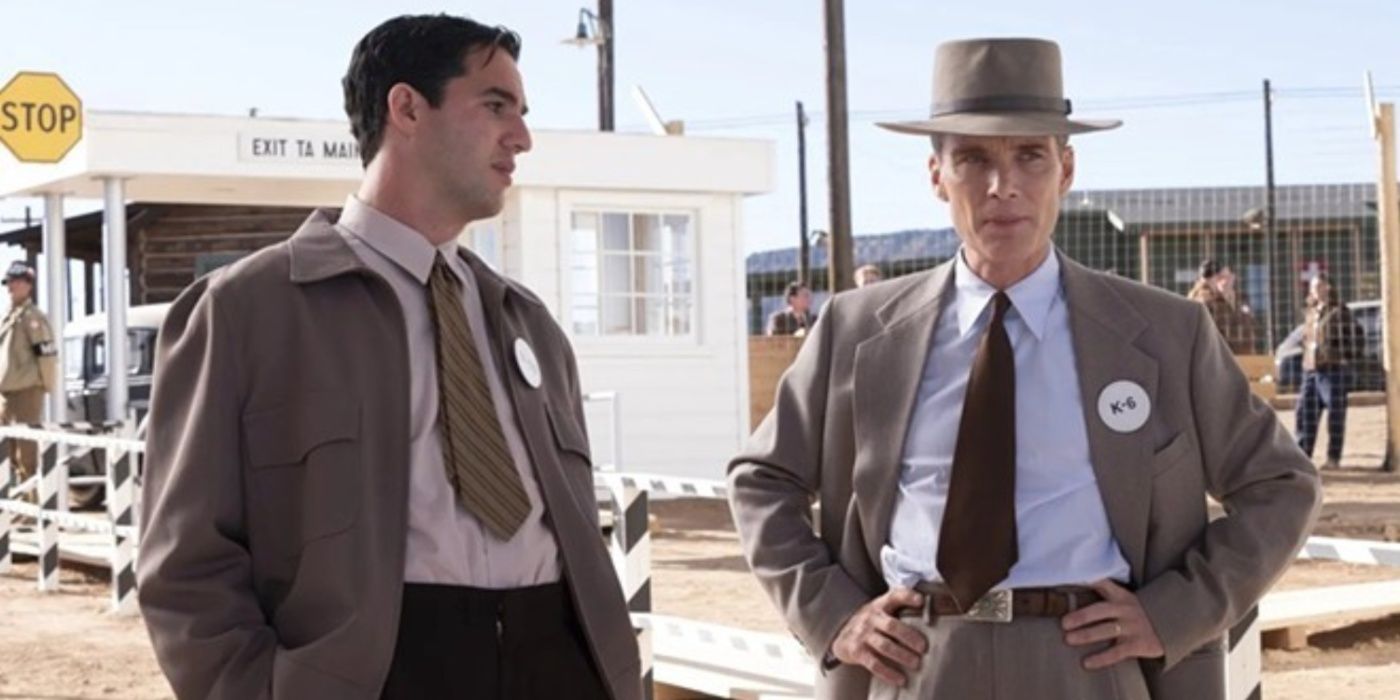
Oppenheimer is a standout film in Christopher Nolan’s filmography, as rather than focusing on expansive dreamscapes or massive-scale superhero stories, Oppenheimer focuses on the life of one quiet man. Nolan’s take on the life of J. Robert Oppenheimer manages to be one of his most thematically rich films yet, with the ideas behind Oppenheimer’s role in the development of the atomic bomb perfectly complimenting the grandiose themes present throughout the rest of Nolan’s filmography.
Despite mostly focusing on men sitting around and talking about science or politics, Oppenheimer manages to be one of Nolan’s most exciting films, with the tense nature of every scene grabbing audiences and demanding their attention. Oppenheimer is one of the best characters ever seen in a Nolan movie, with the conflicted scientist being both hated and understood by viewers at the end of the film. Oppenheimer was a risky move, but it paid off, nearly becoming Christopher Nolan’s best movie.
1 The Dark Knight
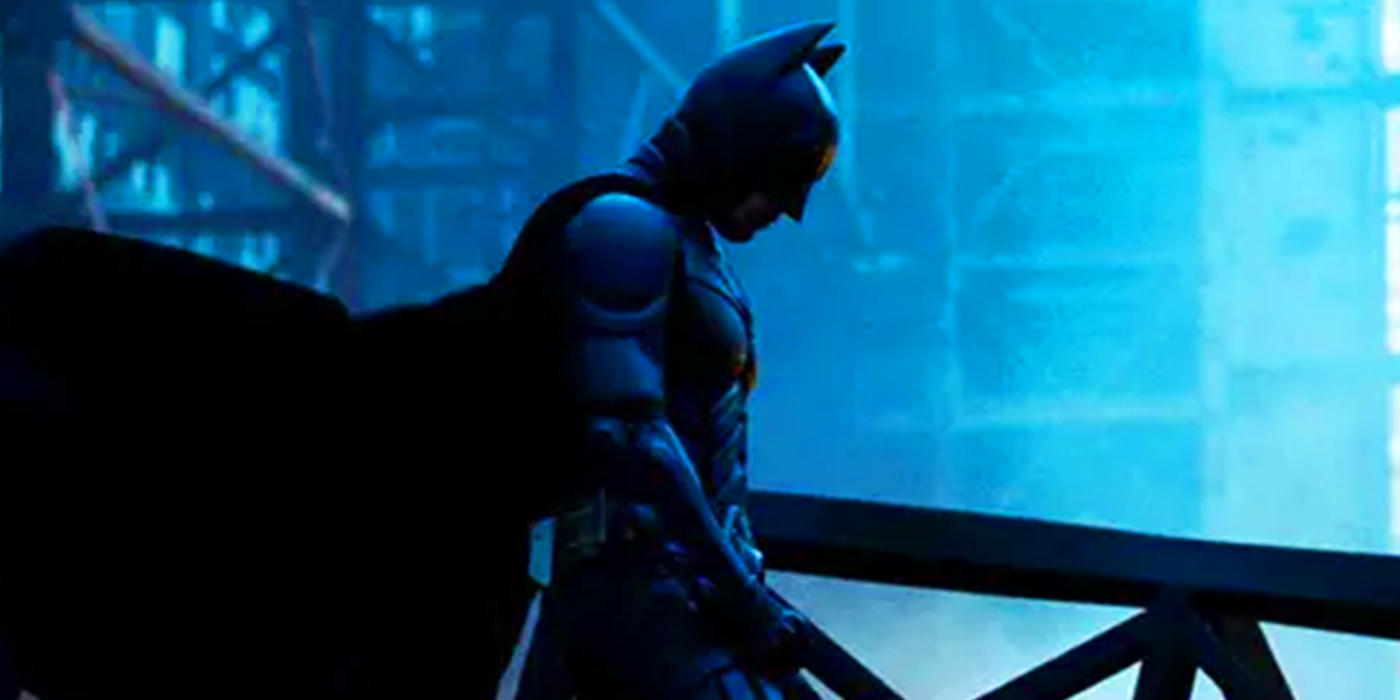
The Dark Knight is not only Christopher Nolan’s best movie, but it was also a game-changer for the entire superhero genre. While comic book movies had their share of success prior to 2008, both Iron Man and The Dark Knight would push the genre to new heights. Nolan’s sequel improved on Batman Begins in every way, exploring Bruce Wayne’s quest for a normal life while questioning the boundaries he’s willing to cross as Batman. The film also features Heath Ledger’s iconic Joker, who can switch between hilarious and terrifying in an instant.
While The Dark Knight’s story logic withers upon close inspection, everything from the performances to the setpieces are first class. Perhaps most importantly, in an age where blockbusters films can feel interchangeable, The Dark Knight is, first and foremost, a Christopher Nolan movie, and is filled with his unmistakable visual stylings, alongside his aesthetic and thematic concerns.
